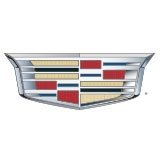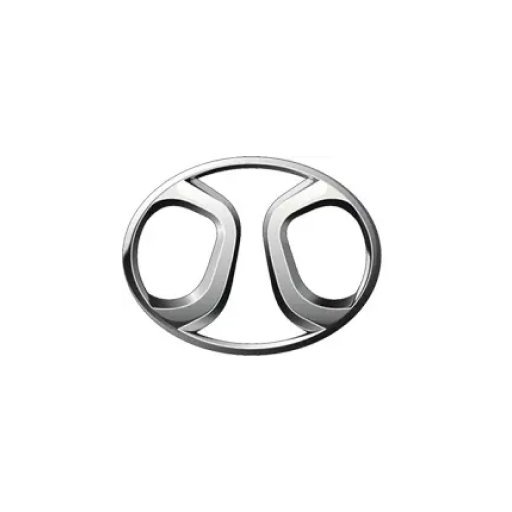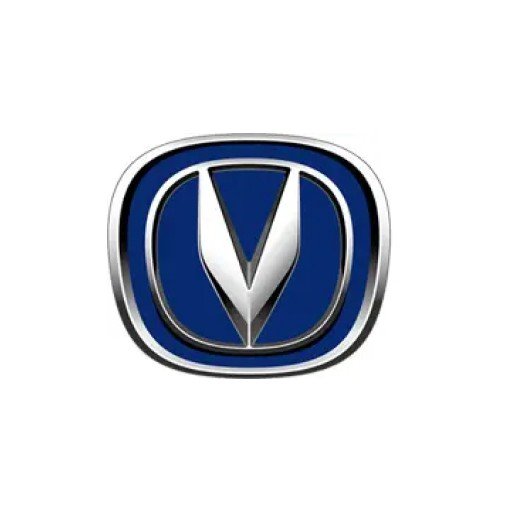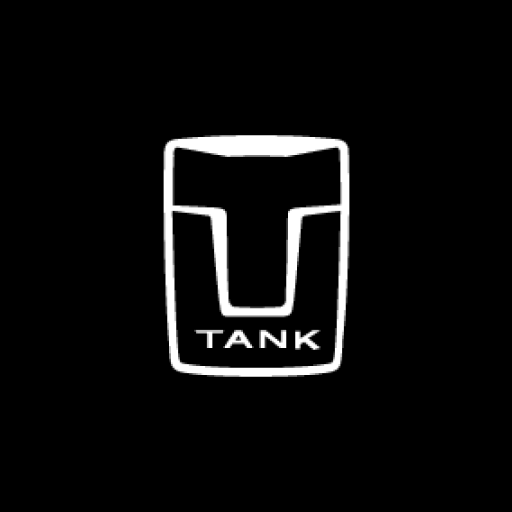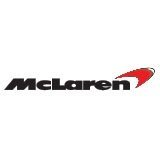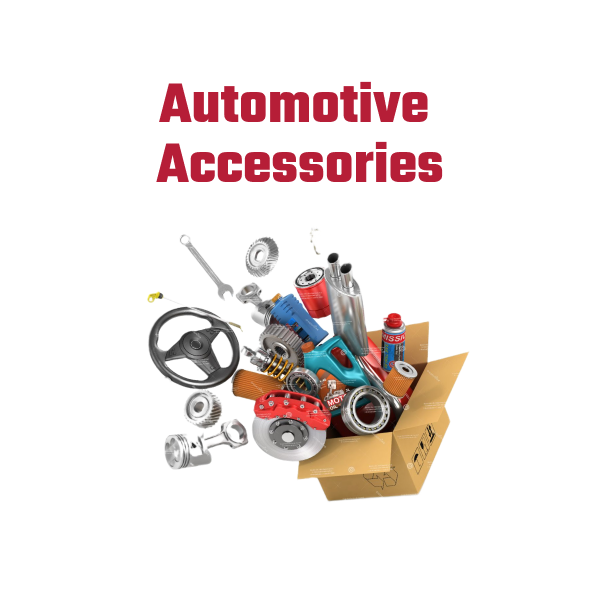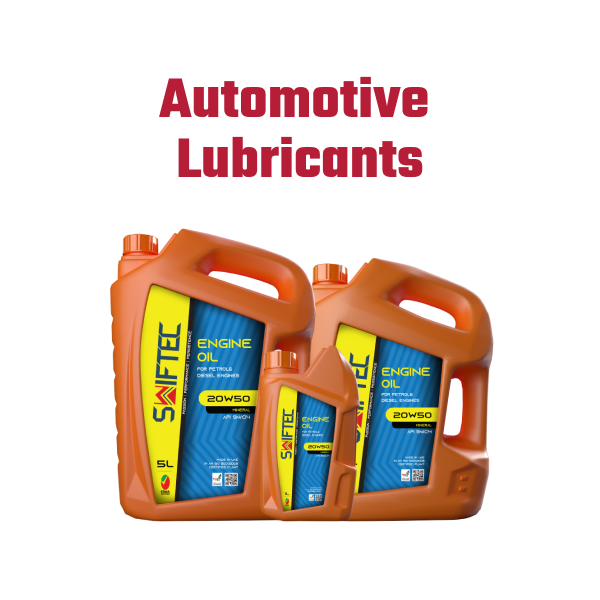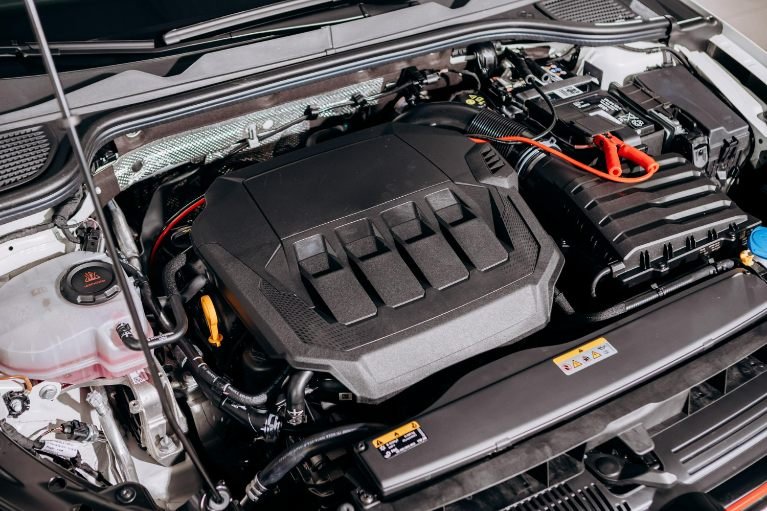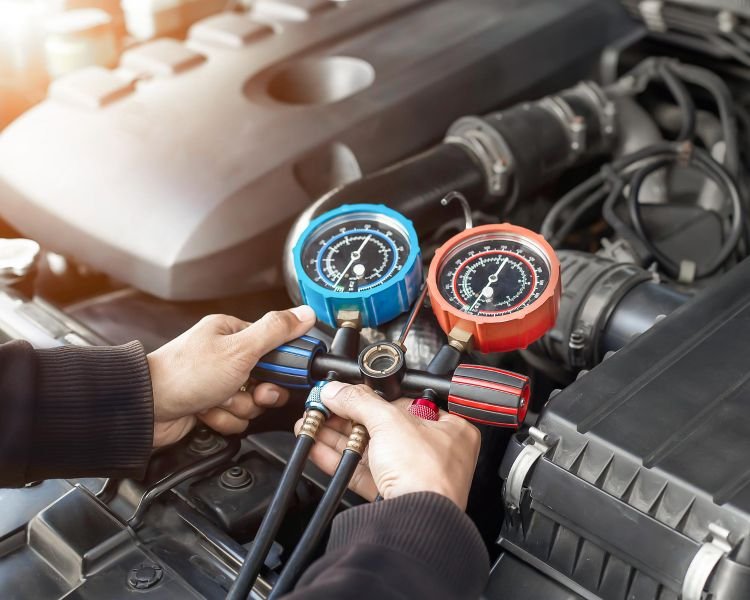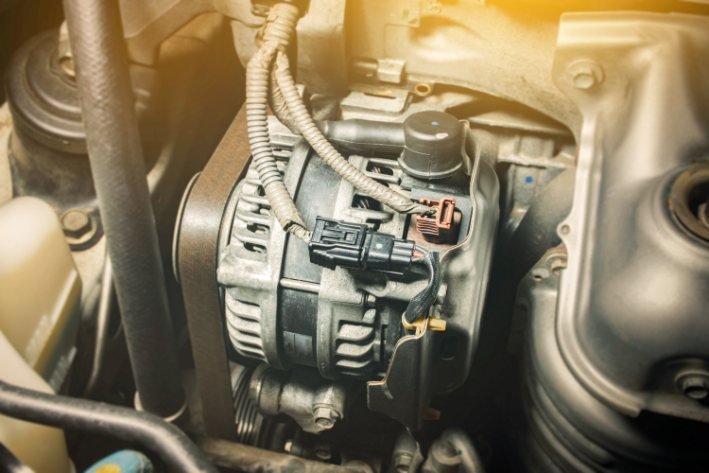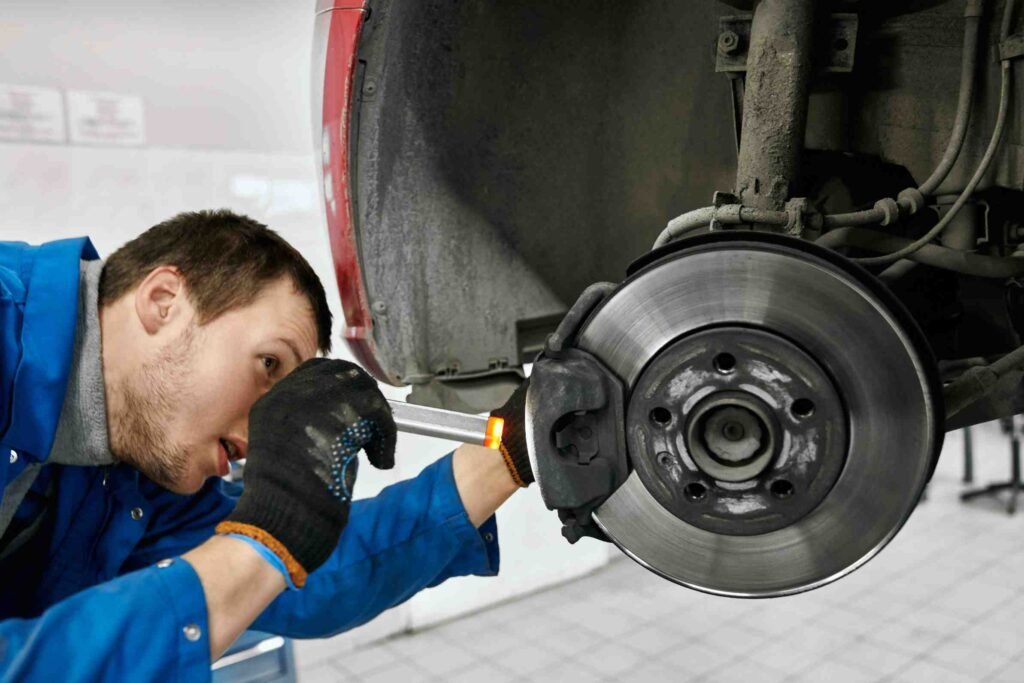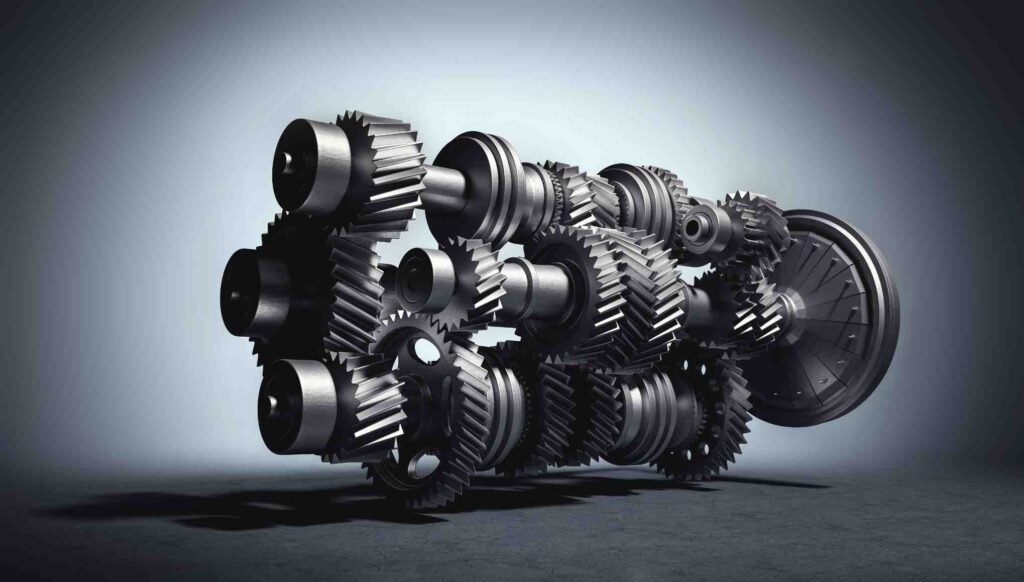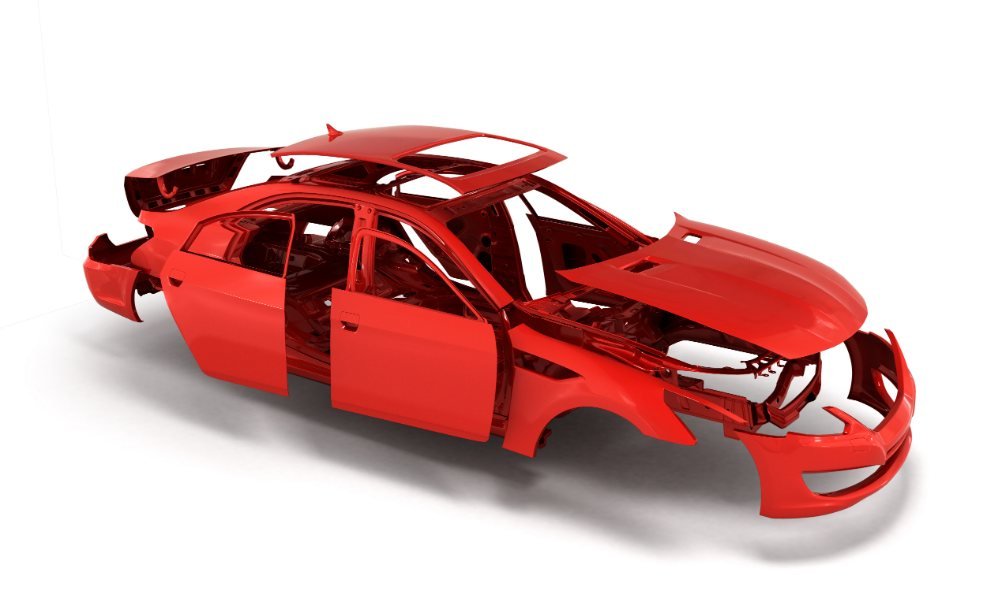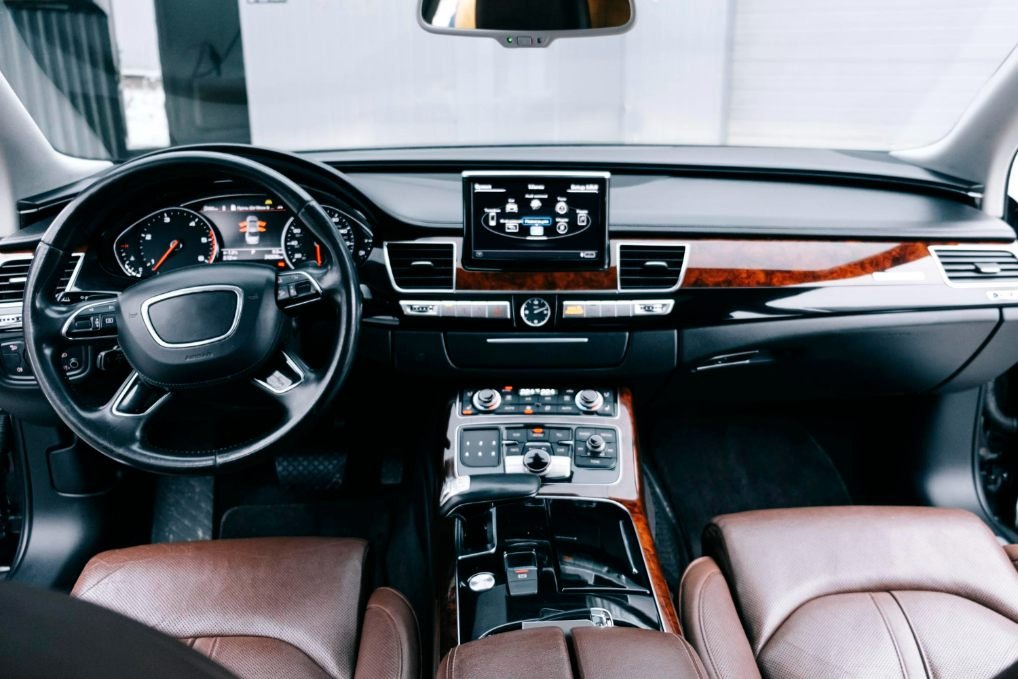Unleash Your Honda's Power: Optimize Performance with a Genuine Honda Catalytic Converter
- Home
- Jeep Spare Parts
- Catalytic Converter

Jeep Catalytic Converter
Welcome to our dedicated landing page for Jeep catalytic converters.
As a proud Jeep owner, you understand the thrill of off-road adventures and the unmatched capabilities of your vehicle.
To ensure your Jeep continues to deliver optimal performance while minimizing its impact on the environment, investing in a genuine Jeep catalytic converter is essential.
Let’s delve into the exceptional features and benefits that make a Jeep catalytic converter the perfect choice for your vehicle.
- Genuine
Jeep Catalytic Converter
- Aftermarket
Brands: Evan Fischer, Magnaflow, Walker, etc.
Jeep: Conquer New Frontiers
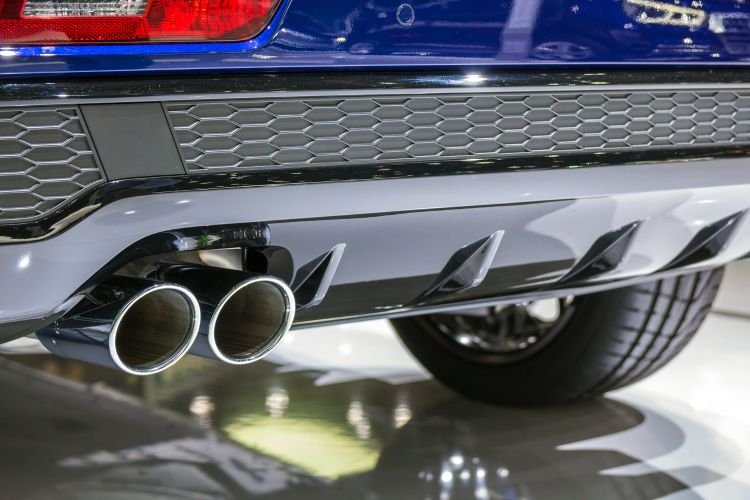
Jeep vehicles are synonymous with ruggedness, durability, and the spirit of exploration.
Whether you’re tackling challenging terrains or cruising on city streets, your Jeep deserves a catalytic converter that matches its exceptional qualities.
A genuine Jeep catalytic converter is designed to meet the exact specifications of your vehicle, providing seamless integration into your exhaust system and maintaining the performance you expect from your Jeep.
The Science Behind Jeep's Catalytic Converter
At the heart of a Jeep catalytic converter lies an advanced ceramic honeycomb structure coated with precious metals, including platinum, palladium, and rhodium. This meticulously engineered design maximizes the contact area between the exhaust gases and the catalyst metals, facilitating efficient conversion of pollutants.
A Jeep catalytic converter features two primary catalysts:
- Reduction Catalyst: This catalyst utilizes a process known as reduction to combat nitrogen oxide pollution by removing oxygen from the exhaust gases. By transforming harmful nitrogen oxides into harmless nitrogen and oxygen gases, the reduction catalyst significantly reduces their impact on the environment.
- Oxidation Catalyst: The oxidation catalyst plays a crucial role in converting carbon monoxide into carbon dioxide by introducing oxygen. This oxidation process further enhances the converter’s ability to purify exhaust gases, ensuring cleaner emissions.
To optimize the performance of the catalytic converter, modern Jeep vehicles are equipped with advanced oxygen sensors. These sensors continuously monitor the oxygen levels in the exhaust gases, allowing for real-time adjustments to the air-to-fuel ratio. By maintaining the ideal balance, the Jeep catalytic converter operates at peak efficiency, delivering superior performance and reduced emissions.
Recognizing the Signs: When to Replace Your Jeep Catalytic Converter
Over time, a catalytic converter may exhibit signs of wear and deterioration, indicating the need for replacement. Here are some common symptoms to watch out for:
- Decreased Fuel Efficiency: A clogged or failing catalytic converter can restrict the exhaust flow, resulting in increased fuel consumption and reduced mileage. If you notice a significant drop in fuel efficiency, it may be an indication that your Jeep catalytic converter requires attention.
- Unpleasant Odors: Internal damage to the catalytic converter can impact its ability to effectively convert exhaust gases, leading to the emission of unpleasant odors from the exhaust system.
- Starting Issues: A clogged catalytic converter can impede the proper flow of exhaust gases, causing increased pressure in the engine. This can make starting your Jeep’s engine difficult, resulting in issues like sputtering or stalling.
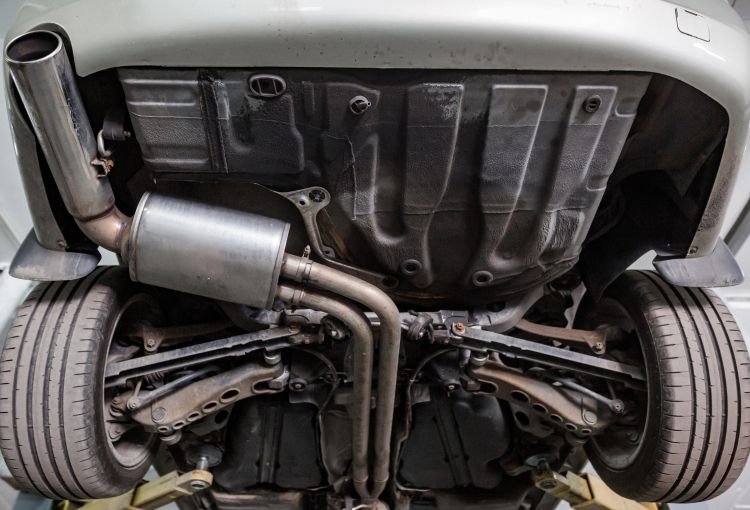
Impaired Acceleration: Restricted exhaust flow due to a blocked converter can hamper acceleration performance. You may experience difficulty when trying to accelerate, with instances of stalling or jerking.
To prevent the need for catalytic converter repairs or replacements, it’s important to maintain the overall health of your exhaust, emissions, and combustion systems.
Preserving the Lifespan of Your Jeep Catalytic Converter
Follow these guidelines to extend the lifespan of your Jeep catalytic converter:
- Use Quality Fuel and Lubricants: Stick to high-quality fuels and lubricants recommended by Jeep to ensure optimal performance and minimize the risk of converter damage.
- Off-Roading Precautions: When venturing off-road, exercise caution to protect your catalytic converter from potential damage. Avoid impacts from rocks, uneven surfaces, or debris that could harm the converter’s integrity.
- Proper Towing Practices: If you frequently tow heavy loads, adhere to the recommended weight limits specified by Jeep. Overloading your vehicle can generate excessive heat in the catalytic converter, leading to potential damage.
- Avoid Water Exposure: Refrain from driving through deep water or puddles, as water can rapidly cool down the converter, increasing the risk of catalyst breakage.
- Regular Maintenance: Adhere to Jeep’s recommended service intervals and ensure your engine is properly tuned.
A poorly tuned engine can cause malfunctions in the catalytic converter’s monolith, hindering its ability to function efficiently.
By following these preventive measures and providing regular care, your Jeep catalytic converter can last for many years, optimizing your vehicle’s performance and reducing its environmental impact.
In the event of significant damage, it may be necessary to repair or replace the catalytic converter to restore your Jeep’s efficiency.
Experience the full potential of your Jeep’s capabilities while contributing to a cleaner environment. Choose a genuine Jeep catalytic converter to unleash the power of your Jeep and enjoy unparalleled adventures on and off the road.
Take action today and upgrade your Jeep with a catalytic converter designed specifically for your vehicle.
Areas we Serve
We provide Auto Parts Delivery in all over Dubai and also across UAE. Few of the areas are mentioned below





















